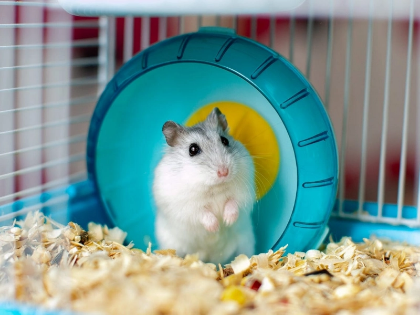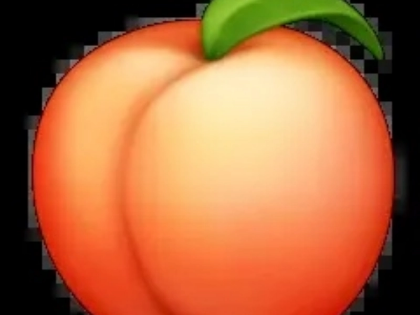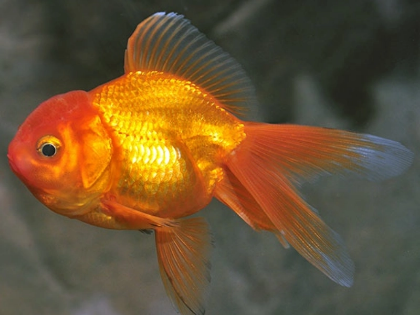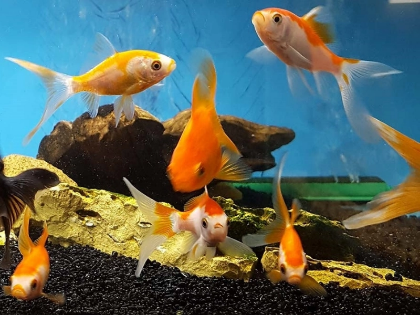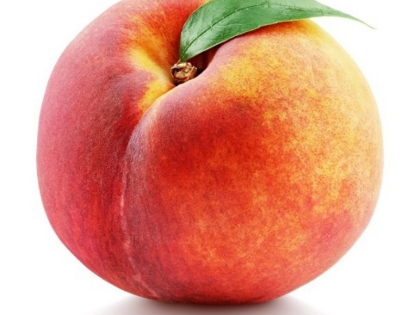The majority of hamsters are fine with greens in moderation and enjoy eating plants. Some people aren't, though. Uncooked broad beans and kidney beans are poisonous to hamsters. Hamsters have trouble digesting light green leaves, which might result in diarrhoea, which then dehydrates them.
Onions, garlic, raw potatoes, citrus fruits, and bitter almonds (which contain cyanide) are the foods that are most harmful to hamsters. Hamsters are vulnerable to the dangers of salt and can be fatally overdosed.
Onions
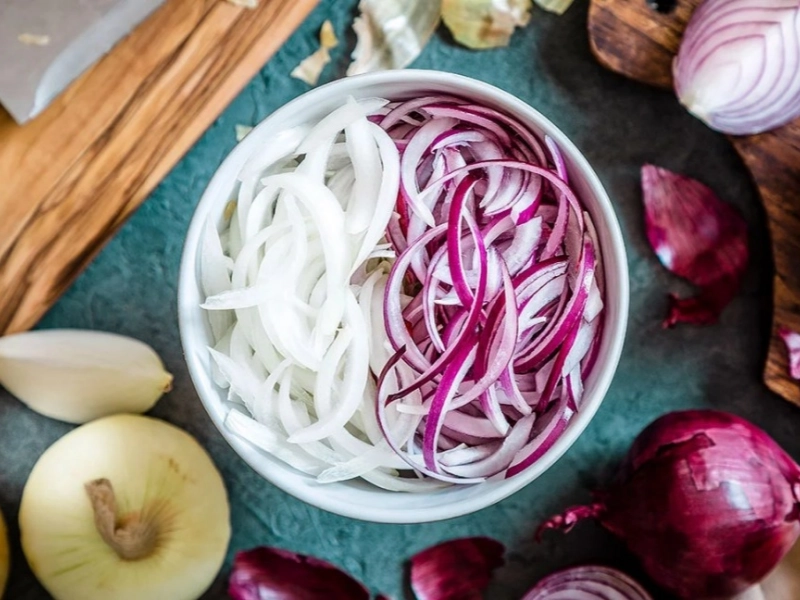
Advertisement
You may have observed hamsters cramming their cheek pouches and hiding food all over their cage since they like eating. Even though they are omnivores, not all foods are good for them. For instance, most fruits—with the exception of avocado and berries—contain too much sugar and should only be consumed infrequently. When consumed in high numbers, other foods like uncooked potatoes, tomatoes (leaves and stems), eggplant (which is technically a vegetable rather than a fruit), and rhubarb leaves are deadly.
Hamsters can consume the majority of vegetables, but they must be cooked. Additionally, keep table trash away from hamsters and make sure any produce is free of poisons and choking dangers before giving it to them. Additionally, avoid giving hamsters foods with excessive acidity; otherwise, they can get stomachaches and diarrhoea.
Garlic
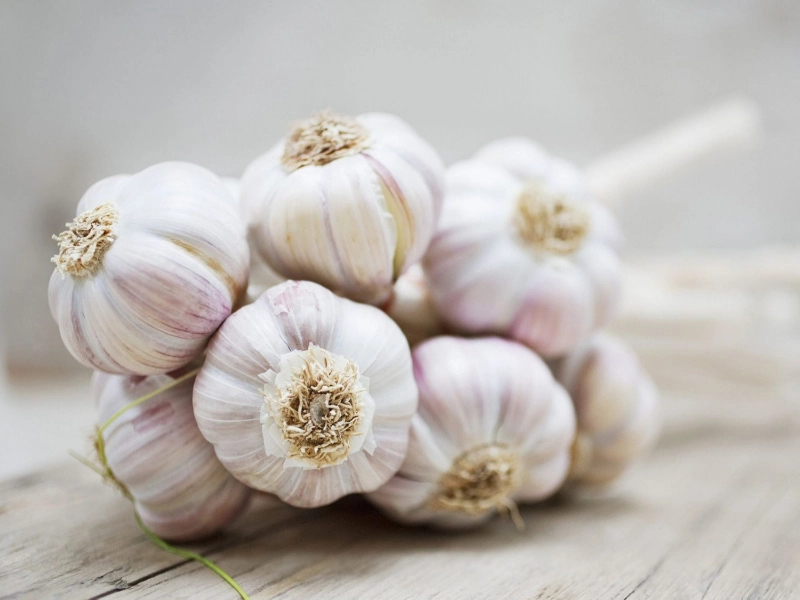
A wide range of fresh fruits and vegetables, including greens (such as kale and dandelion), beans (apart from broad or kidney beans, which can be hazardous when eaten raw), tomato pieces, berries, and tiny amounts of root vegetables like carrots, are also edible to hamsters. Citrus fruits, however, which can result in male kidney tumours, should not be consumed by them. They can consume cooked garlic and onions, but only in moderation because of their high sugar content.
Other items that hamsters shouldn't consume include undercooked kidney beans, which might harm the rodents' red blood cells; bitter almonds, which are harmful to hamsters because they contain cyanide; and raw potatoes, which contain oxalic acid and arsenic. Avocados, which can trigger uterine contractions and diarrhoea, should also be avoided.
Peppers
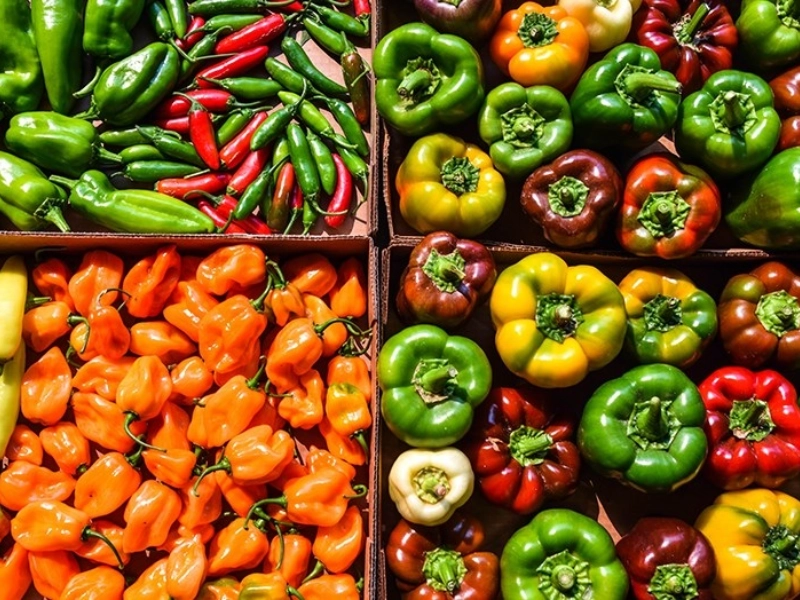
In moderation, bell peppers are a nutritious treat for hamsters. They are a good source of fibre, antioxidants, and vitamin C.
But if you feed your hamster too much of this veggie, they might become dehydrated. This is a result of its high water and sugar content.
Additionally, it's critical to keep in mind that since hamsters are not inherently herbivores, vegetables should only make up a small portion of their diet. Likewise with fruits. Never give them a lot of fruit or any seeds or nuts because these can be unhealthy for them. Hamsters are susceptible to choking on seeds. They also experience stomach problems while eating light green leaves like kale, romaine lettuce, and dandelion greens. Additionally hazardous to them when consumed raw are broad and kidney beans.
sour almonds
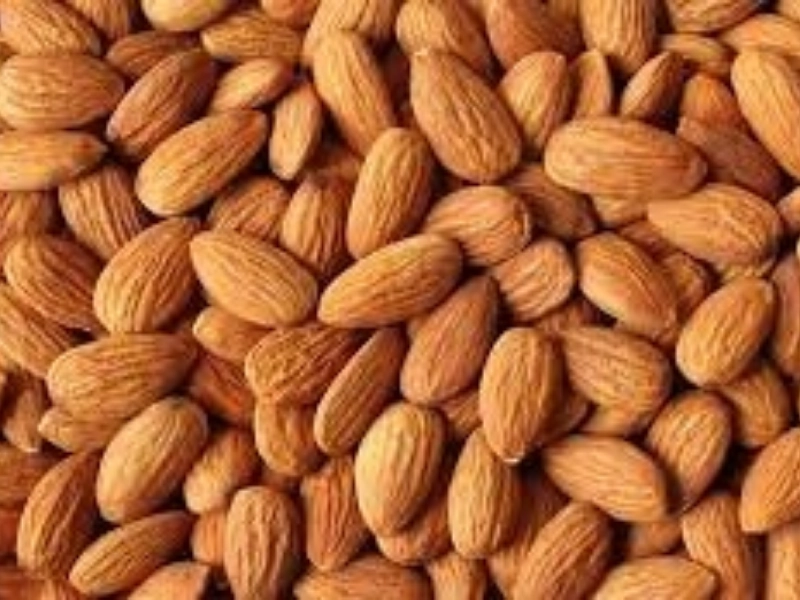
Hamsters are curious animals that enjoy chewing on anything they come across, despite their small size. This may result in the consumption of poisons and chemicals that could be harmful to their small bodies.
Fruit pits and seeds can be toxic to hamsters if they are consumed in large quantities. These foods have cyanogenic glucosides, which the body turns into cyanide. This may result in death.
Beans, including broad and kidney beans, can also be harmful when consumed raw. They also contain lectin, which, when consumed in large quantities, kills and sickens both people and animals. Additionally harmful to hamsters are raw potatoes, chocolate, and avocado. When used in excess, all of these can be lethal.
Unwashed Vegetables
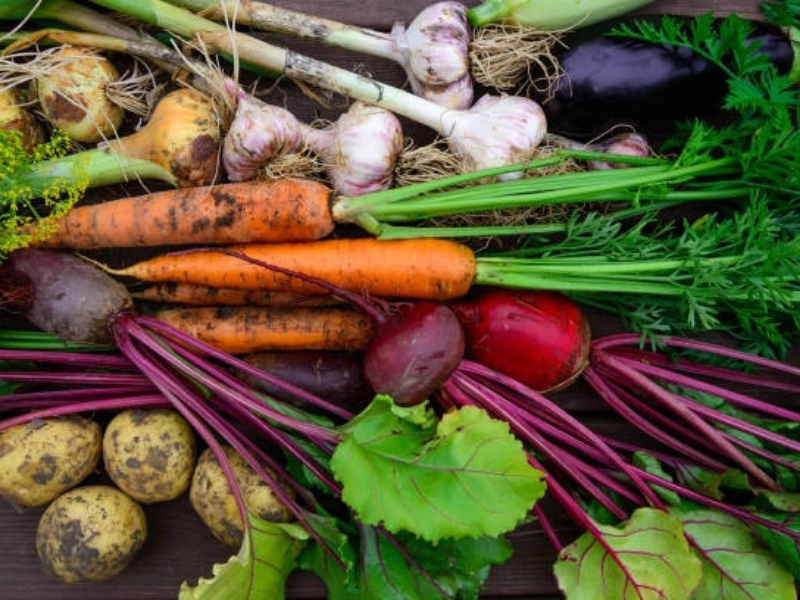
A hamster's diet can include a variety of vegetables, but only in modest amounts. Unwashed veggies may have bacteria strains that could make your hamster sick, as well as pesticides that can harm him or her.
Because tomatoes are extremely acidic and may upset your pet's stomach, they should only be given as a special treat. Toxic to hamsters are tomato leaves and the green stems as well.
Avocados should also be avoided since they contain a toxin that, when consumed in excessive quantities, can be harmful to hamsters. Another delicacy that should not be offered to hamsters is chocolate because it can be fatal if consumed in excess. As empty calories, sugary foods can cause diabetes in hamsters.







